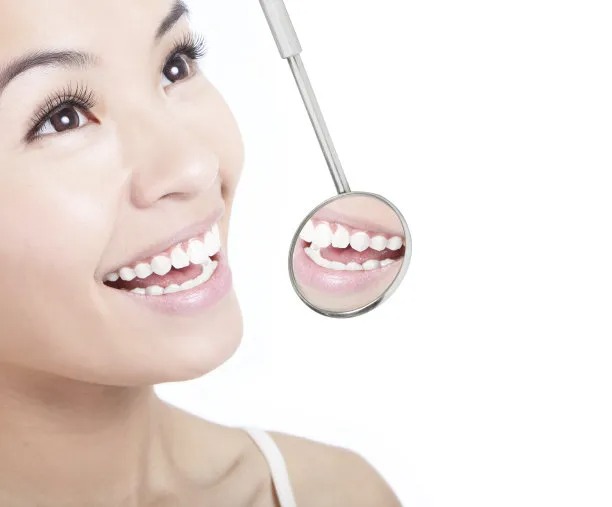Essential Precautions You Should Take Before and After Receiving a Dental Filling for Optimal Oral Health Care
Summary: Dental fillings are essential for restoring the integrity of a tooth affected by decay or damage. Proper precautions before and after receiving a filling can significantly influence the healing process and overall oral health. This article will discuss essential precautions one should take before the dental procedure, recommendations for aftercare, dietary considerations, and follow-up practices to ensure optimal oral health. By adhering to these guidelines, patients can minimize discomfort, reduce the risk of complications, and maintain the longevity of their dental fillings.
1. Necessary Steps Before a Dental Filling

Before getting a dental filling, it is crucial to communicate openly with your dentist about any medications you are currently taking. Certain medications can affect the procedure and your recovery. For instance, blood thinners may require special considerations to prevent excessive bleeding during the filling process. Always inform your dentist about any allergies you have as well, as this can influence the type of materials used for your filling.
Another essential consideration is to ensure that you have reliable transportation to and from your dental appointment. Depending on the type of anesthesia used during the procedure, you may feel disoriented or fatigued afterward. Having someone to assist you can mitigate risks associated with driving alone post-treatment.
Additionally, consider your overall health status before the appointment. If you are feeling unwell or experiencing significant dental anxiety, it may be beneficial to reschedule your appointment. Preparing mentally and physically can lead to a smoother procedure and more effective recovery.
2. Aftercare Practices You Should Follow
After receiving a dental filling, its essential to give your mouth time to recover. One of the initial steps is to avoid consuming hot or cold foods and beverages for at least a few hours post-procedure. This precaution helps to reduce the risk of sensitivity and discomfort in the newly filled tooth as the local anesthesia wears off.
Another critical aftercare tip is to refrain from chewing on the side of the mouth where the filling was placed until your dentist confirms it is safe to do so. Chewing prematurely can dislodge the filling or cause unnecessary trauma to the surrounding gums and tissues.
Maintaining good oral hygiene is imperative post-filling to prevent further issues with your teeth. Gently brush and floss around the treated area, being cautious not to disturb the filling. Follow any specific guidance your dentist provides to ensure a smooth healing process.
3. Dietary Considerations Following a Filling
Your diet plays a significant role in the effectiveness of your recovery after getting a dental filling. It is advisable to stick to soft foods for the first 24 hours to minimize pressure on the affected tooth. Foods like yogurt, mashed potatoes, and smoothies are excellent choices that will help you maintain nutrition without causing discomfort.
Avoid sticky, hard, or crunchy foods within the first few days after the filling. These types of foods can dislodge the filling or cause pain due to pressure on the newly treated area. Opt for nutritious meals that will not require excessive chewing.
Additionally, while it might be tempting to indulge in sugar-rich snacks, try to limit these for at least a week. Consuming excessive sugar can promote the formation of new cavities and undermine your oral health attempts, especially in newly filled teeth.
4. Importance of Regular Follow-Up Visits
Regular dental check-ups following your filling are crucial for monitoring the health of your teeth and the integrity of the filling. These visits allow your dentist to assess whether the filling is performing well and to detect any signs of decay or complications early.
Incorporating follow-up appointments into your dental care routine also helps reinforce good oral hygiene habits. Your dentist can provide personalized advice on maintaining your dental fillings and enhancing your overall oral health during these visits.
Moreover, if you experience any unusual symptoms, such as persistent pain or sensitivity in the filled tooth, notify your dentist promptly. Early intervention can prevent more significant issues and contribute positively to your long-term oral health.
Summary:
In summary, taking essential precautions before and after receiving a dental filling is vital for maintaining optimal oral health. By communicating effectively with your dentist, adhering to aftercare practices, following dietary recommendations, and attending regular follow-ups, you can ensure the longevity of your dental fillings and minimize the risk of complications.
This article is compiled by Vickong Dental and the content is for reference only.



